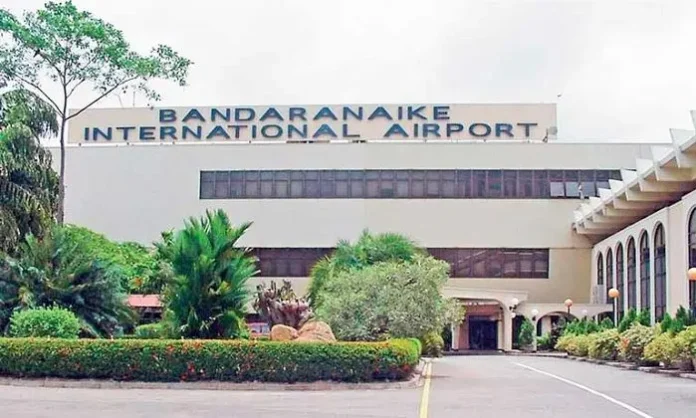By: Staff Writer
November 27, Colombo (LNW): The Bandaranaike International Airport (BIA) expansion, long stalled due to economic crisis and procurement issues, is scheduled to restart in mid-2026, with construction potentially commencing by the middle of the year. The high-profile Phase II Stage 2 project, financed with support from the Japan International Cooperation Agency (JICA), is designed to increase the airport’s annual passenger handling capacity from 6 million to 16 million and includes the construction of a new Terminal 2. Completion is targeted for the end of 2027.
Originally halted in 2022 amid Sri Lanka’s debt restructuring and tender delays, the project resumed funding after a JICA agreement in July 2024. The loan terms are currently being renegotiated, reflecting changed economic conditions.
The construction is expected to span 30 months, with the tender for the remaining work Package “A1”open to eligible international bidders under Japanese Official Development Assistance (ODA) guidelines.
A previous contractor had completed only a fraction of the work before the suspension, leaving the airport struggling with congestion as it handled 8.5 million travelers in 2024, well above its designed capacity.
Despite its strategic importance, the tender process has been plagued by controversy, highlighting weaknesses in Sri Lanka’s procurement framework. Bid evaluation for leading contenders, including the Sojitz-L&T consortium and Taisei Corporation, has been repeatedly delayed, with technical committees requesting clarifications that have extended timelines far beyond initial expectations.
Allegations have surfaced of unethical practices, including a last-minute extension of the bidding deadline and the submission of a Power of Attorney (POA) that lacked local attestation, a fundamental legal requirement.
Experts have criticized these lapses as favoritism toward powerful bidders, warning that they risk undermining both public trust and the credibility of national infrastructure projects.
The High-Level Procurement Committee eventually intervened to disqualify Sojitz-L&T, yet further attempts were reportedly made to overturn this decision, including advice from the Attorney General’s Office suggesting temporary validity for the POA a move that procurement specialists say contravenes standard rules.
These procedural irregularities, combined with repeated delays and backroom interventions, underscore the fragility of Sri Lanka’s procurement system and raise concerns that the BIA expansion, a project crucial to the nation’s transport infrastructure and economic recovery, could fall victim to political and institutional interference.
While resuming construction offers the promise of modern facilities, expanded capacity, and improved service for millions of travelers, ensuring transparency and adherence to the law remains critical for the project’s ultimate success.
